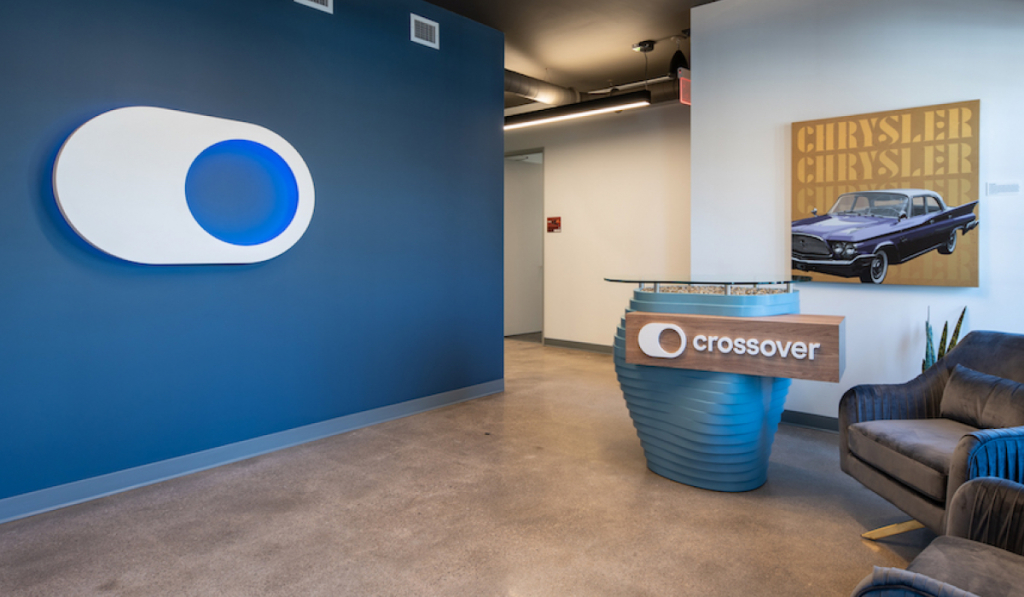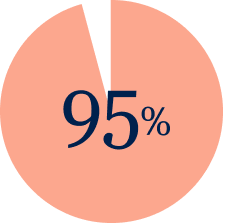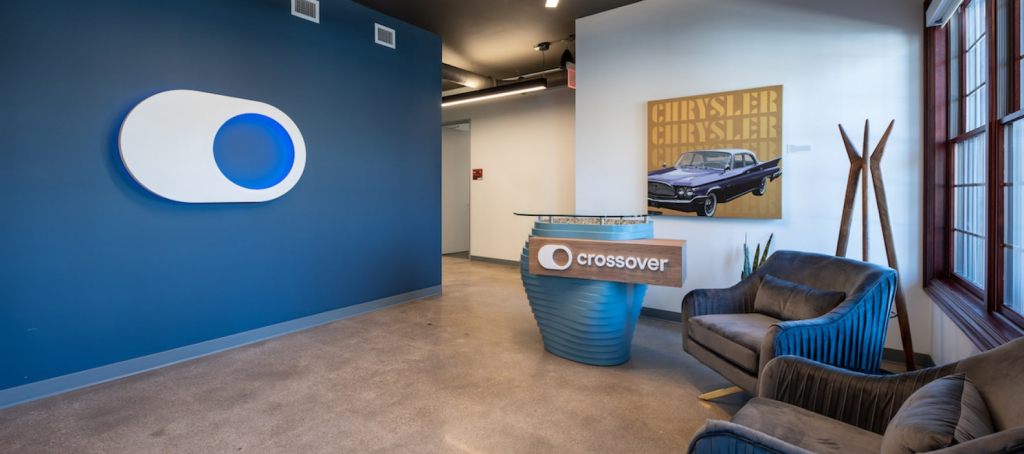Crossover Health | Case Study
Crossover Health July 11, 2022

Guided by a “design everything” philosophy, Crossover Health leverages API-first development to transform the member experience
Challenge
Providing members with digital tools that make the end-to-end health experience a success.
Solution
![]()
Clinical-first EHR platform
![]()
Hosted database
![]()
APIs and webhooks
![]()
Open, cloud-native, modern architecture
Result

5-year partnership with Elation Health

28 health centers ave. 5-week implementations, rolling over 32 months

Currently tracking 60+ clinical measures across member population

95% of members are guided to an exam room within 5 minutes of arrival
By designing our care model around the health needs and goals of our members, we remove unnecessary barriers and empower them on their journey to their best health.
Ben Mehling - Chief Technology Officer - Crossover Health

1,000+ clinicians and staff

43 in-person health centers

12 states

1 national virtual care team
A partnership that just makes sense
Since its founding in 2011, Crossover Health has been on a mission to design a better way to deliver and pay for care while engaging and guiding a community of members. Crossover’s care model focuses on primary health – primary care services along with mental health, physical medicine, health coaching, and care navigation. Their unique point-of-view reflects a vision to create the future of Health As It Should Be.
It is not surprising, then, that Crossover Health chose Elation Health as its EHR technology partner. We are also on a mission to advance the practice of medicine, because we believe the world will be a better place when independent primary care is respected, valued, and paid fairly for delivering higher-quality, lower-cost care.

Staying true to what’s most important about medicine: the provider-member relationship
Crossover puts the member at the center of care delivery. As such, they are committed to providing members with digital tools that make the end-to-end health experience a success. This commitment includes not just the ability for members to view their health data and visit summaries, but also communicate with their care team, set health goals, complete health assessments, update their record, and self-schedule appointments. According to Ben Mehling, Chief Technology Officer at Crossover Health.
Core to Crossover’s mission is eliminating the friction everyone has grown accustomed to in our healthcare system. By designing our care model around the health needs and goals of our members, we remove unnecessary barriers and empower them on their journey to their best health.
An example of how Crossover removes barrier is how they have redesigned their in-person health centers and check-in process. The traditional waiting room is replaced by a host, and members are able to complete check-in up to 24 hours before the visit, when they update their health data and complete health screeners, the results of which are available in their Elation chart in real-time and incorporated into Crossover’s “clinical operating system” as metrics and potential areas for proactive follow-up. Giving members the ability to complete this process from any device, anywhere, reduces wait times at the clinic, a key metric for member satisfaction. “With our previous EMR provider we had a lot of hoops to jump through to get this level of integration,” says Mehling. The absence of structured APIs in the legacy EHR led to downstream maintenance, as well as data synchronization and operational issues. The less-than-optimal integration created frustration and extra work for the technical team, and led Crossover to look for a better solution and a better partner.
Crossover’s implementation strategy required parity or better functionality for all health centers going live on Elation and followed a rolling implementation cadence rather than a “big bang” go-live. Prior to deployment of the Elation EHR to any of its health centers, Crossover’s engineers needed to develop integration to replace the previous member experience. Using Elation’s robust, stable and well-documented APIs, Crossover engineers were able to quickly and easily develop an improved solution, as well as build health center-level configuration to manage data synchronization and ensure a smooth phased roll-out across all health centers.
Crossover leveraged the Patient Profile and Patient Clinical History APIs to pull demographic, problem, medication, allergy and immunization data, and then later lab and reference lab data into their member platform, which also integrates with other APIs. Elation’s APIs easily plugged into Crossover’s development model, with no surprises or delays, and continues to operate smoothly, with little to no maintenance required. “As a company that essentially integrates with a lot of API-first companies, [the integration with Elation] worked exactly as we expected,” states Mehling.
Crossover’s implementation of 28 health centers took on average less than 5 weeks per clinic. Following Elation’s train-the-trainer approach, the Clinical Operations team conducted in-person training at the health centers, which scaled up to 120 clinicians and staff at each site.
Driving a more comprehensive care approach to improve member outcomes
For Crossover, improving the previous integrations was just the first step. As an organization that is intently focused on health outcomes, Crossover also built screeners, such as PHQ-9 for mental health, COVID-19, and Social Determinants of Health (SDOH) questionnaires, that members complete via the member portal prior to their scheduled visits. “It’s standard for every new member to complete a variety of screeners which then enable our care team to have a full picture and engage with them further when clinically relevant,” says Cara Perlas, Clinical Informatics Manager at Crossover. To that end, Crossover has developed additional integration through Elation’s APIs to surface the screener scores in Elation’s Clinical Profile. Physicians and care-team members are able to easily review the scores within their existing workflows, view detail as needed, and determine at the point-of-care if any concerns should be addressed during the current visit.
Automating the collection of data, streamlining the check-in process, and surfacing insights directly within clinical workflows requires Crossover to seamlessly move data between systems. Elation’s technology and APIs are key components to keeping data in-sync across systems, reducing duplicate data collection, and easing the burden for physicians and members. Today, 95% of members are guided to an exam room w/in 5 minutes of arrival. The time-savings are two-fold: members have shorter wait times and physicians have updated, relevant clinical details readily available to them at the start of the visit.
Downstream, Crossover also measures health outcomes over time from health screener documentation and other clinical data within Elation. “We are proactively understanding the health issues of our populations, and using a measurement based care approach to deliver trusted, leading outcomes,” says Cara Perlas, Clinical Informatics Manager at Crossover. Elation data securely flows to Crossover’s data infrastructure, which then populates clinical and operational dashboards and reports. In combination with Elation and other systems, Crossover collects and measures 60+ clinical measures across their population.
Ongoing innovation and partnership
“The Elation technical team has been a great support for us as we’ve continued to integrate,” says Mehling. Given the ease and effectiveness of Elation’s API, Crossover looks forward to working with Elation to develop other innovative solutions in its pursuit to continually design and deliver an optimal care experience to its members. The next API project on Crossover’s list is using Elation’s API to provide members the ability to build a customized medical record, which will be downloadable as a printable document, and in a format that can be imported by other EHRs.






